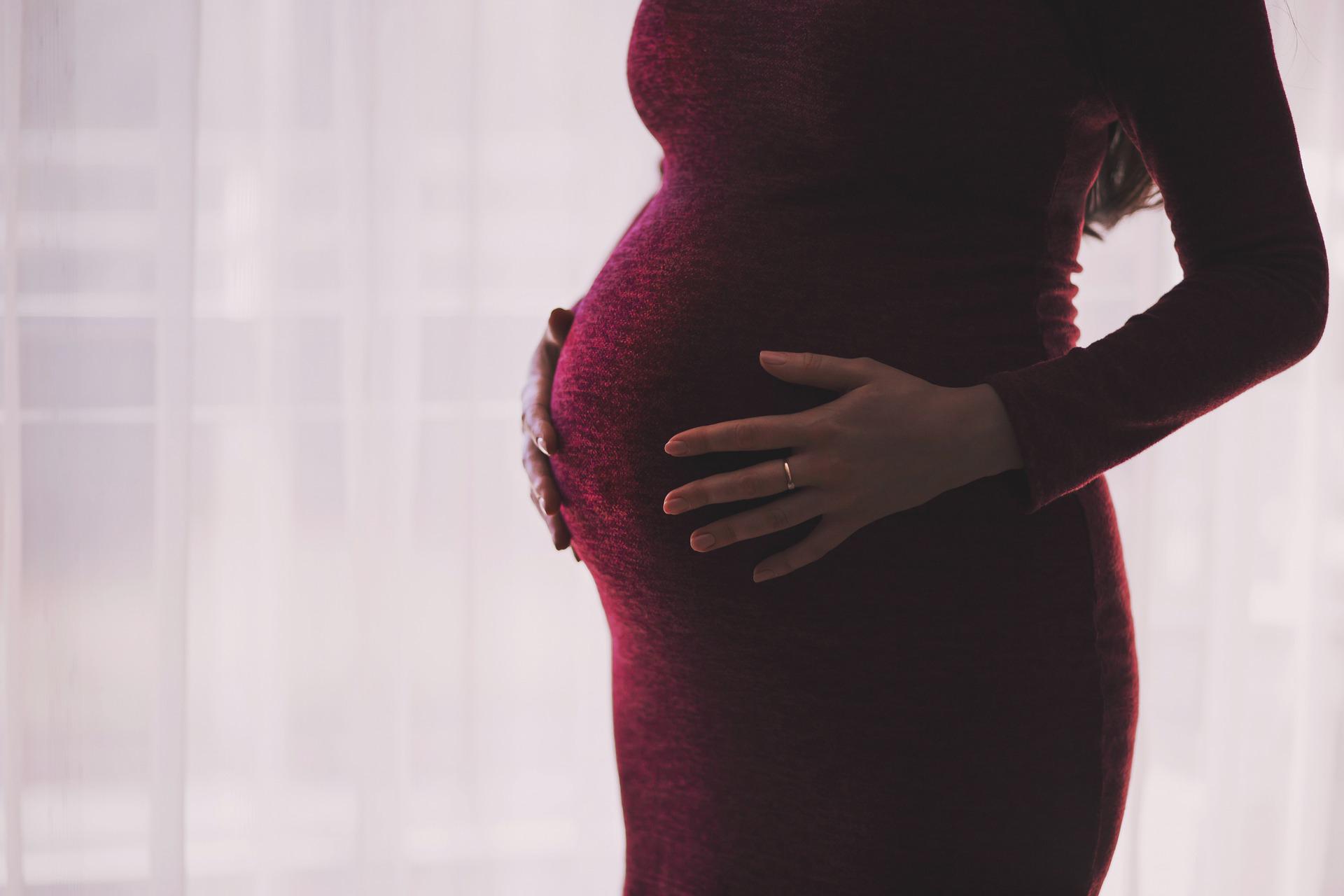
Women with psoriasis have pregnancy outcomes like general population.
Psoriasis is a skin disease that causes red, itchy scaly patches, most commonly on the knees, elbows, trunk and scalp. Psoriasis is a common, long-term (chronic) disease with no cure. It tends to go through cycles, flaring for a few weeks or months, then subsiding for a while or going into remission.
Overall pregnancy and live birth outcomes are similar for women with psoriasis and for the general population, according to a study published online.
Alexa B. Kimball, M.D., M.P.H., from the Beth Israel Deaconess Medical Center and Harvard Medical School in Boston, and colleagues reported pregnancy outcomes observed in the Psoriasis Longitudinal Assessment and Registry (PSOLAR). Data were included for 2,224 women of childbearing age (18 to 45 years). The cohort study, published in JAMA Dermatology, used data from the Psoriasis Longitudinal Assessment and Registry (PSOLAR), which “is not a pregnancy specific registry, and medical history is captured only at baseline,” they noted.
The researchers identified 298 pregnancies among 220 women, with a general fertility rate of 18.9 per 1,000 women aged 18 to 45 years. Overall, 81.9 percent of the pregnancies resulted in birth, and 13.8 and 4.4 percent ended in spontaneous abortion and were electively terminated, respectively. Gestational age was available for 243 births: 90.9 percent were full term and 9.1 percent were born prematurely. Overall, there were 231 healthy newborns and 10, two, and one infants with a neonatal problem, a congenital anomaly, and stillbirth, respectively. Two hundred fifty-two of the 298 pregnancies were associated with biologic exposure before or during pregnancy. Women exposed to biologics had similar pregnancy outcomes as those exposed to non biologics.
Their findings showed pregnancy outcomes such as spontaneous abortion, neonatal problems, and congenital anomalies among women with moderate to severe psoriasis were similar to rates in the general U.S. population, and are “consistent with previously reported data,” they reported. “And pregnancy outcomes for women exposed to biologics were similar to those for women with exposure to non biologics.”


















